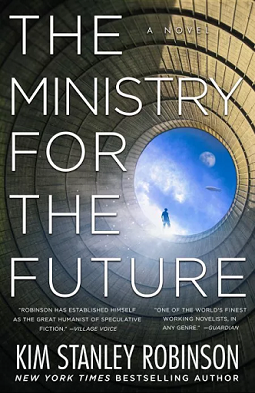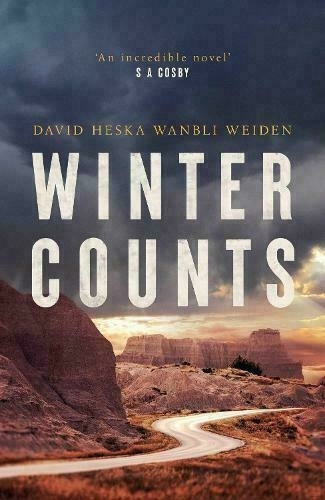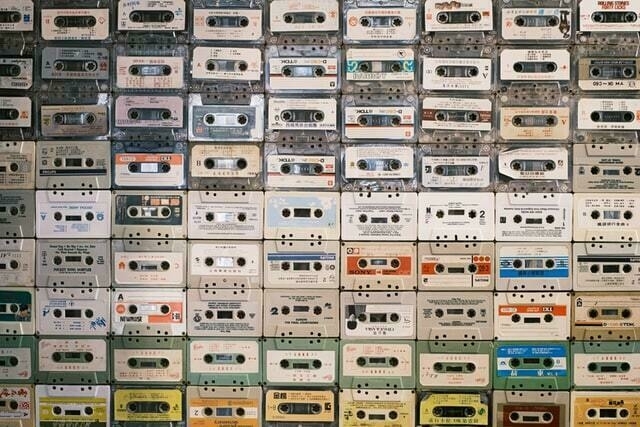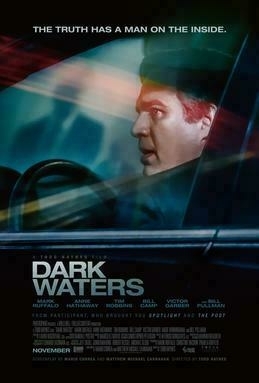lewism
Alone in Berlin by Hans Fallada 📚

Alone in Berlin By Hans Fallada (Rudolph Ditzen) is a look at the lives of ordinary working class people in Berlin during WWII. It looks at the heroic resistance and amoral compliance of different people under the Nazi regime.
The original German title is Every Man Dies Alone. It’s based on the true story of Otto and Elise Hampel. Fallada was given the Gestapo files of the case by the poet Johannes Becher.
It’s a fantastic empathetic look at the psychology of people under a kleptocracy. If it really feels true in spirit it is probably because Fallada lived under the Nazi regime in fear for many years. He clearly understood the mindset of many of the characters he draws so convincingly in the book.
When I first started reading it I had trouble picking up the book as the Russians were invading Ukraine at the same time. The book all the time brought up my thoughts about that war. But soon enough I had been fully drawn into its story.
Wikipedia has a good background page on the book [Every Man Dies Alone].(https://en.wikipedia.org/wiki/Every_Man_Dies_Alone) 📚★★★★★
The Ministry for the Future by Kim Stanley Robinson 📚

This is both hard science fiction and climate fiction, and a sobering but positive peak into the immediate future where Robinson speculates how humanity can save itself from the impending environmental doom we all know is coming. Told through different narrators and jumping around it doesn’t pull a unified plot line together so much as jump on a few different strands. As a novel too it felt a little flat to me and maybe it’s a little long but it’s a political, thoughful, and as everyone says important book. Recommended. 📚★★★
Winter Counts by David Heska Wanbli Weiden 📚

Punchy fiction that takes place on an Indian reservation in South Dakota. Virgil Wounded Horse is the protagonist in the book and as a local enforcer is well placed to illustrate the seperate world in which Reservations in the USA inhabit. They sit adjacent to the law enforcement system forinstance and this reality is well used to drive forward the narrative of the book.
A crime thriller in which the characters are well sketched out as are the cultural and racial fault lines without ever getting heavy handed. No great mysteries or plot twists but with an unforced plot and a satisfying ending I enjoyed being immersed in a realistic world that was new to me. Good, sharp writing that could carry the book even as the plot ebbed and flowed a little in the middle. 📚★★★★
Music and Me 🎵

Photo by Grett Zheng
In response to @Jabel writing about mixtapes here I thought to write my own response. Now that I am on Micro.blog this seems to be something I can do, have proper conversations with other people over the internet who would have thought!
So the mix tape is something that is now history. I see in the way my kids consume music that it inhabits a different place for them in their lives than it did for me. Music is like water from a tap for them, the pursuit of a good half heard song, of the chance of listening to an artist that isn’t on the radio, these problems just don’t exist like they did for me growing up in Scotland in the Eighties.
When I was a teenager and CD’s were just taking over the cost of music was high. A CD was something I could afford only very infrequently. It was just much harder to hear music. How to audition the music you actually could afford to buy was pretty tough too so every purchase had to be weighed carefully and thought through repeatedly. Also how it would look to your friends? Forinstance at my school I like to remember there was a Simple Minds vs Smiths split on which I firmly came down on The Smiths side so your music taste often was part of your identity too.
The mixtape then was a window into someone elses taste, and an audio form of introduction of yourself, sometimes a love letter. As a 21 year old I went to India working and travelling for six months. The mixtape I got from my girlfriend (lots of ABBA!) when I got out there was one of my most treasured possessions out there.
Beyond the bands and tunes I discovered from friends mixtapes for me I also learnt attitudes to music, a concern with playorder and pacing that from a good DJ set, forinstance, I still love to look for.
There was an art to a good mixtape that those that lived through those times I think will remember fondly. To like music you had to be a collector, you needed to dig for records, music was limited and precious.
Collecting now is different. I still love to buy CDs (only the very few important ones). I still want to have my own mp3 collection, and Spotify is more of a place to audiiton and share music than the place that holds my ‘collection’ whatever that is anymore. Yet still I can’t give up on buying music even though it comes for free with my subscription.
As Jabel writes the imperfections of the mixtape also helped to make it what it was, through those imperfections they became personal. I would love to think that even now if you do something with love and your own personal stamp then it will be worth it whatever the medium. 🎵
Some Further Reading:
- The Jabel post in response
- The Rolf Potts podcast about mixtapes
- Cassette: A Documentary Mixtape which I still have to watch!
Dark Waters 🍿

The film is based on the article The Lawyer Who Became DuPont’s Worst Nightmare about the Lawyer Robert Bilott and his twenty year fight against DuPont to expose their dumping of PFAS chemicals in the groundwater of Parkersburg, West Virginia. A grittier Erin Brockovich with some strong performances but maybe some difficult editing choices and in which the color grading seems to chop around a lot which distracted me. Overall though gripping and worthy of a watch. ★★★
What I Talk About When I Talk About Running Review 📚
What I Talk About When I Talk About Running by Haruki Murakami 📚 was OK. With simple and lovely prose and a low key and scattered style but added together I enjoyed it. There is a kind of banal simplicity to the writing which sometimes resonates deeply but often comes off as dry. A mock running-is-life philosophy book flecked with diary entries. Maybe one of his fiction books should be somewhere a new reader should start before this one. ★★★
Most of what I know about writing I’ve learned through running every day. These are practical, physical lessons.
My Yearly Theme for 2022 - Consolidate
My Theme for 2022 is Consolidate. I like having a yearly theme much more than a set of resolutions. It means you can take a direction for the year and adapt a set of wishes in any aspect of your life. You don’t pass or fail a theme but you can hold yourself accountable and build, with small steps, a positive cycle.
Consolidate is because the important things in my life are there already so I want to concentrate on getting the most out if it, wasting less time, doing more of the things that add value for me. There are no game changing thing I want to do or new direction I want to take, so it’s a boring theme in some ways, but that is good for where I am right now. 📝
- more reading, writing and journaling
- more quality time with my family
- learn to type faster
- work on my Finnish language 🇫🇮
- less subscriptions
- simplify & improve my workflows
- keep saving